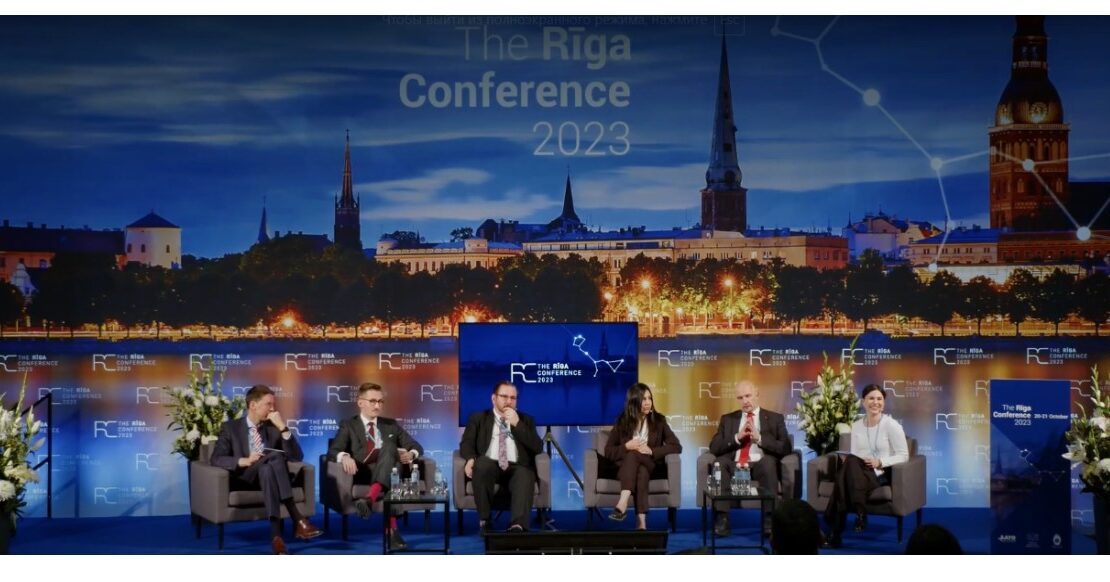With hindsight, in the run-up to its full-scale war in Ukraine, the Kremlin failed on the information battlefield. It failed to surprise, to create doubt, to distract, or to gain other tactical advantage. However, over the past two years global sanctions have not stopped the Russian regime from pouring more resources into its disinformation machine, and its impact has become more global as it targets audiences far beyond the Euro-Atlantic. This is part of a long-term strategy that leverages war-news fatigue in Russia’s favour, raises the cost of living, and changes political landscapes in liberal democracies. Kremlin-backed information soldiers continue to slowly poison people’s perception through dosed disinformation and manipulation. The panel discussion will pose the following questions: Is the West ready for the long game? Have our states and societies become more psychologically prepared to face the threats of disinformation since Russia’s full-scale invasion? Can we afford to delay dealing with other authoritarian actors active in the disinformation environment until Russia is held at bay? How can the West leverage the know-how of states with extensive experience in tackling disinformation? These states include Ukraine, the Baltic states and Poland, which have long raised the alarm about Russia’s malicious ambitions, backed by its TTPs of disinformation to implement them.
Karl Stoltz, Deputy Coordinator at the US State Department’s Global Engagement Center
Jānis Sārts,Director of the NATO Strategic Communication Centre of Excellence
Rihards Bambals, Head of Strategic Communication, State Chancellery of Latvia
Jurgis Vilčinskas, Deputy Head of Strategic Communications and Information Analysis, European External Action Service
Anayit Khoperiya, Acting Deputy Head of the Centre for Countering Disinformation, National Security and Defence Council, Ukraine
Moderator: Anastasia Stognei, Correspondent of the Financial Times covering Russia

